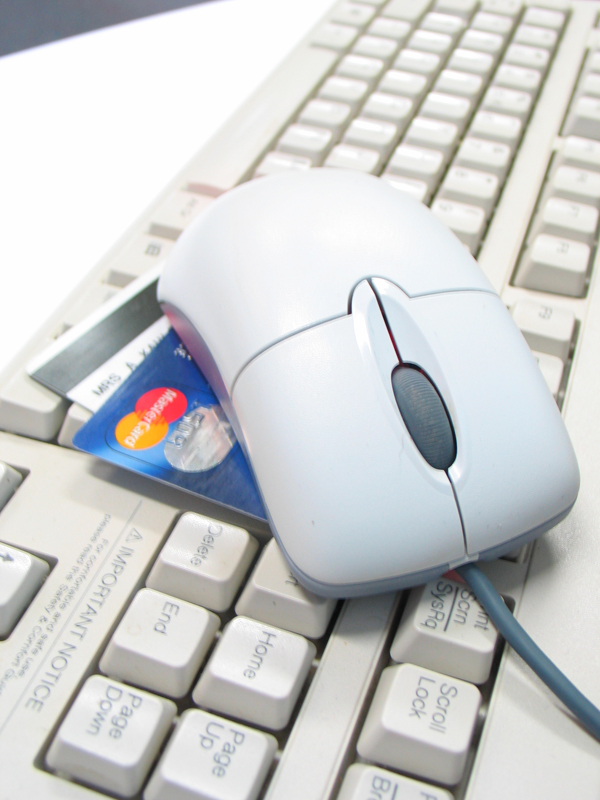New credit card security tactics make fraudsters more creative
Last year, despite some nasty data breaches, losses overall weren’t so bad. But before you do a fist pump, this news actually isn’t so encouraging. Credit card companies, in response to those data breaches, have installed added checks and measures to discourage fraud. Here’s why, according to this article, you shouldn’t jump for joy just yet:
“It’s actually not an encouraging story whatsoever,” said Al Pascual, director of fraud and security for Javlin. Last year saw an “extraordinary response” from regulators, businesses, financial institutions and consumers to quickly stem breach losses, he said—including swiftly replacing impacted cards, installing monitoring systems to catch fraud quickly and adding account alerts to notify consumers of suspicious activity.
You’d think with all of that effort the numbers would show fraud on the decline in a massive way. Not so. In fact, it’s forcing fraudsters to get more creative and fall back on identity theft by exposing Social Security numbers and digging through your personal information to secure loans and credit cards in your name. And you’ll likely never realize that it’s going on. Approximately 13% of victims of this kind of fraud are unaware of the plundering of their personal data until a year after the breach. More about this from the CNBC article:
That kind of identity theft is likely to be even more prevalent as banks roll out more-secure EMV credit cards this year. The embedded computer chips generate a unique transaction code with each use helping prevent fraud. “The criminals will have to find something else to focus on,” said Paul Stephens, director of policy and advocacy for the Privacy Rights Clearinghouse. Without the low-hanging fruit of card fraud, he said, breaches targeting more sensitive information like Social Security numbers may be the next avenue.
And if this news weren’t bad enough, tax refund fraud is expected to rise to a whopping $21 billion by 2016, up from just $6.5 billion two years ago, according to the IRS.
So, be sure to shred all of those “pre-approved” credit card applications stuffed into your mailbox, and be mindful to whom you reveal your Social Security number. Unfortunately, those precautions will never be enough, though. It seems that fraudsters are like viruses: they mutate and adapt even after a cure is found.


